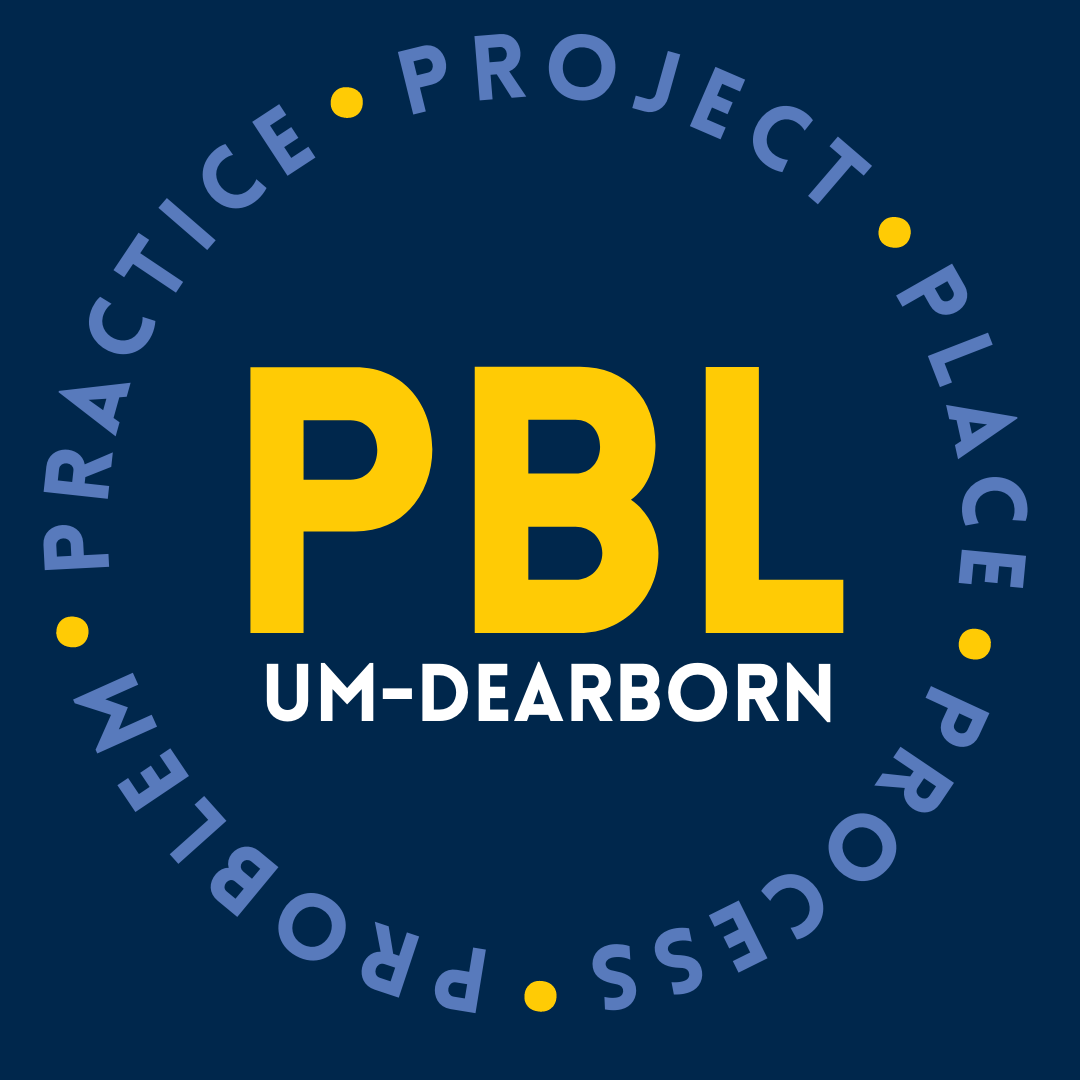PBL in CEHHS
PBL Definition in CEHHS
"Education is not preparation for life, Education is Life itself."
- John Dewey, Art and Experience
CEHHS PBL Commitments

CEHHS is committed to the ideals of PBL, that students need the opportunity to apply the skills and knowledge they are learning in the program in authentic ways. These practical experiences give them the opportunity to cultivate their identity as professionals by reflecting on their application of the skills and knowledge needed to be an effective practitioner. The degree programs in CEHHS reflect the campus’s commitment to a broad definition of PBL that includes a commitment to practice, place, project, problem articulated across our campus. This belief reflects the work of John Dewey that reflecting on our experiences is the cornerstone of learning.
Central to our definition of PBL, in all its forms, is a commitment to:
- The authentic application of knowledge
- Asset based learning that draws on the social, cultural and ecological assets of the students and the community
- Reflective practice that encourages students to develop the ability to self assess and learn through the process of doing.
PBL Skills in CEHHS
PBL creates authentic opportunities for students to develop and apply a wide range of skills and knowledge essential for their professional development. We view all of these skills as important and work to ensure students have the ability to develop and integrate skills and knowledge specific to supporting their academic and career goals. We have also identified six critical skills that we believe are central to the development of all students across a wide range of professions. These skills are addressed across multiple courses and they are specifically embedded in PBL projects and community partnerships.
- Reflection/Metacognition
- Self evaluation
- Inquiry
- Problem identification/Problem solving
- Communication
- Collaboration
Explore in Detail the PBL in CEHHS
PBL in Education

